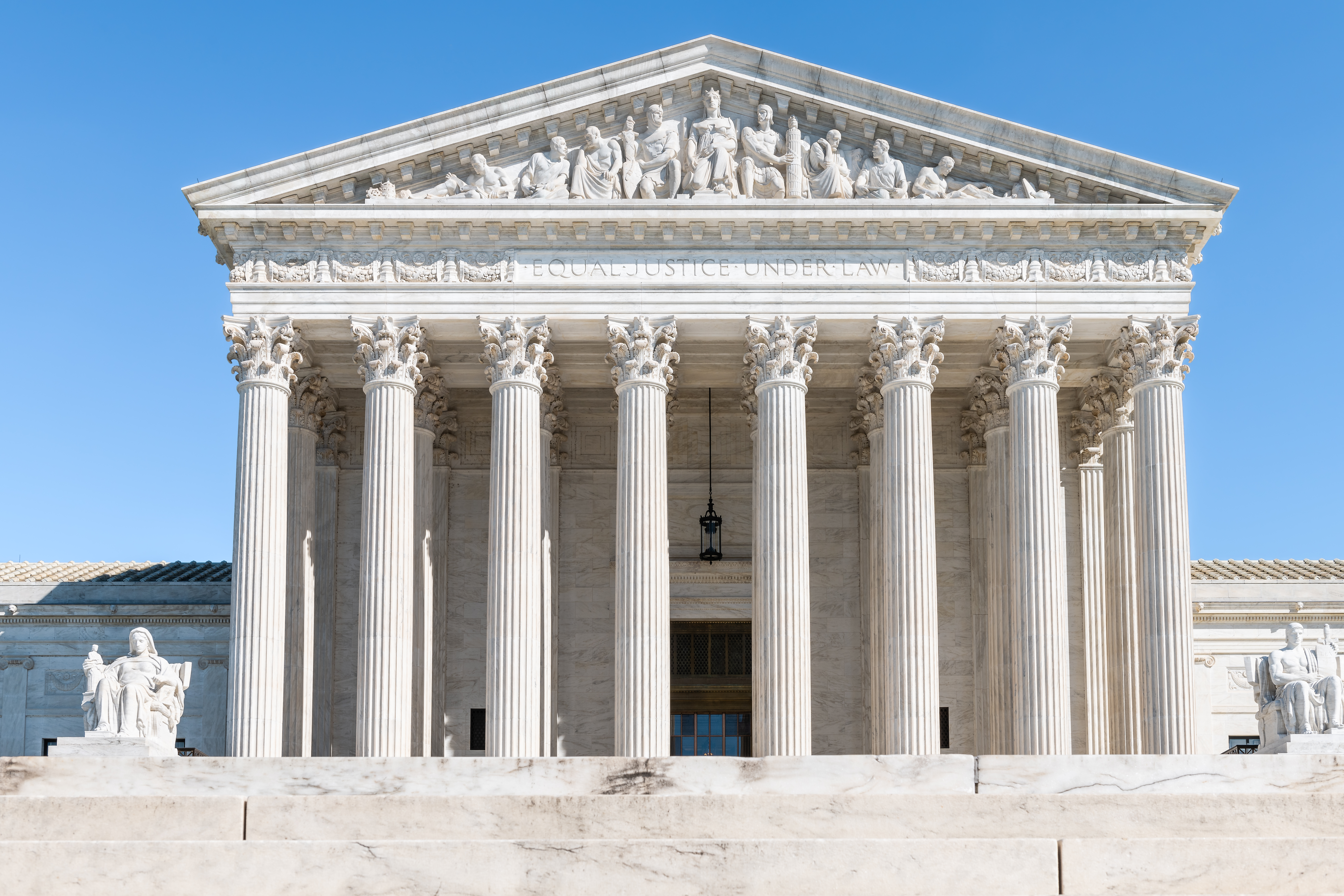Trademark Decision Casts First Amendment Doubt on Hawley Bill
Yesterday’s Supreme Court decision in Iancu v. Brunetti clearly indicates that Senator Hawley’s “Ending Support for Internet Censorship Act” (“the Hawley Bill”) violates the First Amendment.
In Brunetti, the Court found that the U.S. Patent and Trademark Office’s bar on the registration of immoral or scandalous trademarks was unconstitutional. The Court recognized that registration of a mark was not mandatory—that the owner of an unregistered mark could still use it in commerce and enforce it against infringers. However, “registration gives trademark owners valuable benefits.” Registration provides prima facie evidence of a mark’s validity, and it forecloses some defenses in infringement actions. By refusing to register an immoral or scandalous trademark, the PTO was denying the mark’s owner these valuable benefits “on the basis of viewpoint.” The Court held that the First Amendment prohibited discrimination on this basis.
Brunetti reaffirms the Court’s 2017 decision in Matal v. Tam, which found that denying trademark registration based on the Lanham Act’s “disparagement clause” violated the Free Speech Clause of the First Amendment and constituted viewpoint discrimination.
The Hawley Bill similarly would deny a benefit to an Internet platform on the basis of viewpoint. Under the Hawley Bill, an Internet platform would lose the protections of the safe harbor of Section 230 of the Communications Decency Act if it could not demonstrate to a super-majority of the Federal Trade Commission that it was politically neutral. Section 230 provides that an Internet platform is not responsible for the content posted by users, and can face no liability for the removal of content from its platform. The Hawley Bill conditions the availability of this important intermediary protection on the basis of the ideas or opinions conveyed by speech hosted on the platform. In the words of the Brunetti Court, this violates “a core postulate of free speech law: The government may not discriminate against speech based on the ideas or opinions it conveys.”
Justice Alito’s concurring opinion in Brunetti underscored the significance of the Free Speech Clause of the First Amendment. He noted that “viewpoint discrimination is poison to a free society.” He added that:
[I]n many countries with constitutions or legal traditions that claim to protect freedom of speech, serious viewpoint discrimination is now tolerated, and such discrimination has become increasingly prevalent in this country. At a time when free speech is under attack, it is especially important for this Court to remain firm on the principle that the First Amendment does not tolerate viewpoint discrimination.
Withholding the benefits of the Section 230 safe harbor because of the political opinions expressed—or not expressed—on an Internet platform is the sort of viewpoint discrimination condemned by Justice Alito.








